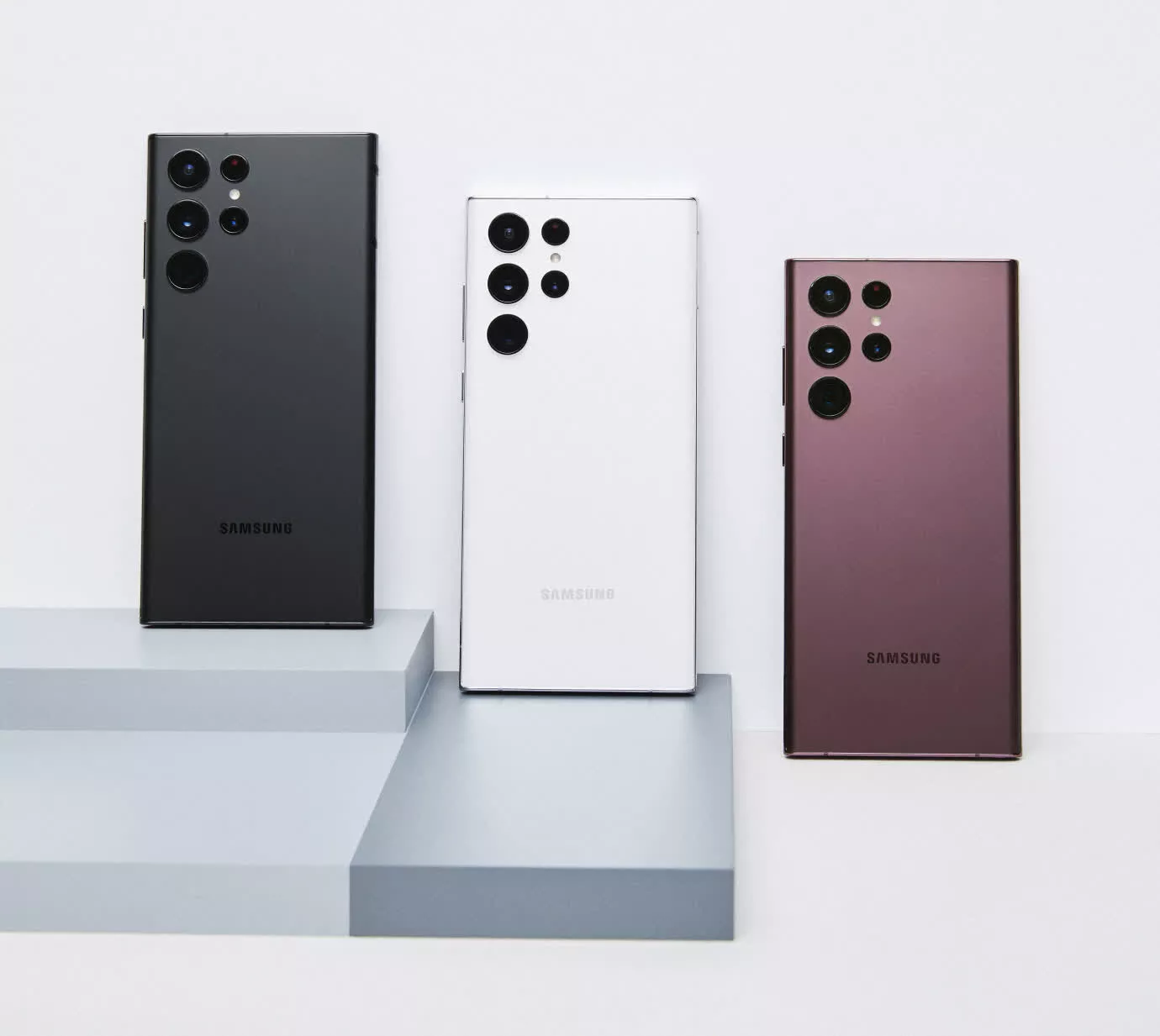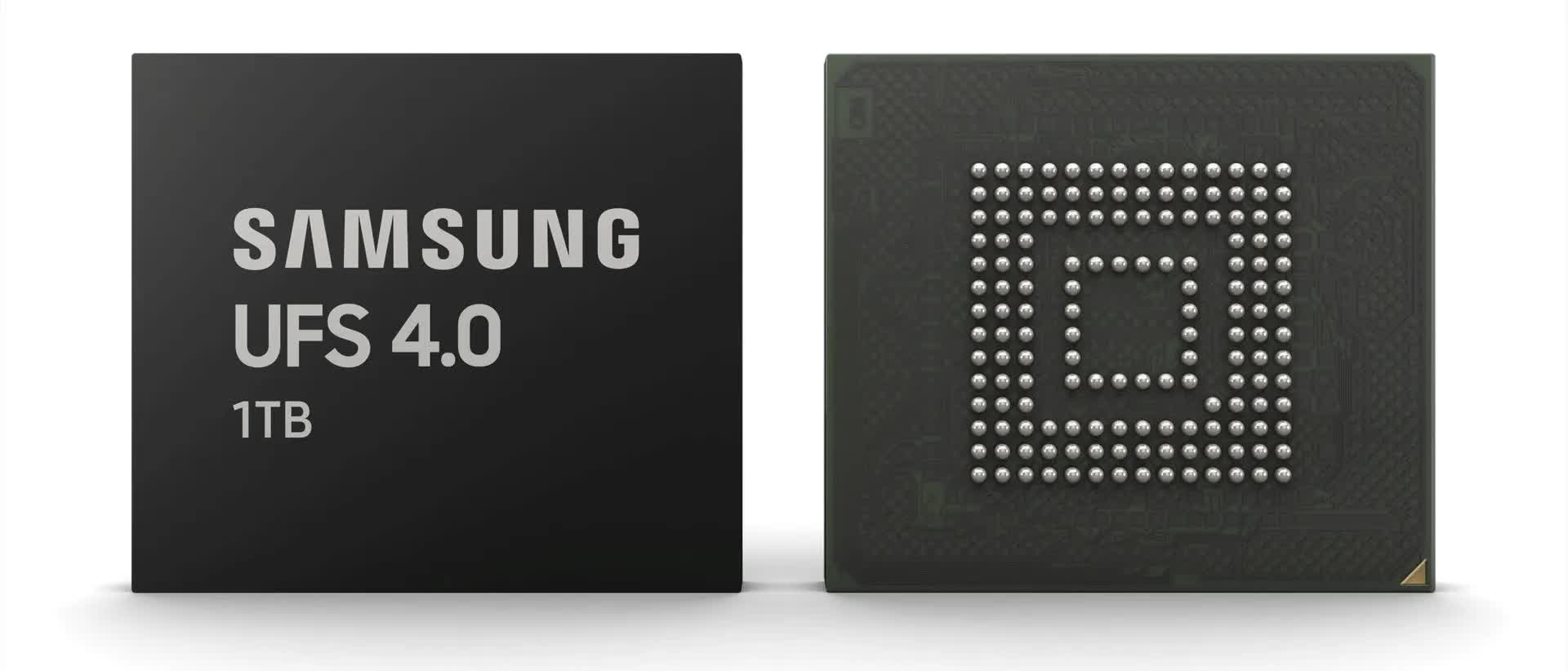Something to look forward to: Samsung has pulled back the covers on its next generation of Universal Flash Storage: UFS 4.0. The newest JEDEC standard specification offers several improvements over the current UFS 3.1, including double the speeds, improved power efficiency, and reduced size.

Samsung says UFS 4.0 offers speeds of up to 23.2Gbps per lane, doubling the performance of the current UFS 3.1 standard. The 7th-generation V-NAND technology will enable sequential read speeds of up to 4,200 MB/s and sequential write speeds of up to 2,800 MB/s. For comparison, UFS 3.1 tops out at 2,100 MB/s sequential reads and 1,200 MB/s sequential writes.
Samsung says the extra bandwidth offered by UFS 4.0 will be perfect for 5G smartphones that require vast amounts of data processing and is also expected to feature in future automotive applications, VR, and AR.
It's not just speeds that are improved over the previous generations. UFS 4.0 will also see better power efficiency than its predecessor. The sequential read speed of 6.0MB/s per milliampere (mA) marks a 46% improvement over UFS 3.1, meaning users of smartphones and other devices should experience better battery life.
Finally, UFS 4.0 will come in a smaller package that measures 11mm x 13mm x 1mm—a 512GB UFS 3.1 module measures 11.5mm x 13mm x 1.0mm—which means more efficient use of that precious internal smartphone space.
Mass production of UFS 4.0, which will be available in a variety of capacities reaching 1TB, is planned to begin in the third quarter of this year, so we should see it arrive in late 2022 or early 2023. That probably means the latest storage solution will get here too late for the Galaxy Z Fold/Flip 4 that are set to arrive this summer, but will likely be part of next year's Galaxy S23 series.
https://www.techspot.com/news/94455-samsung-announces-ufs-40-flash-storage-double-speed.html
